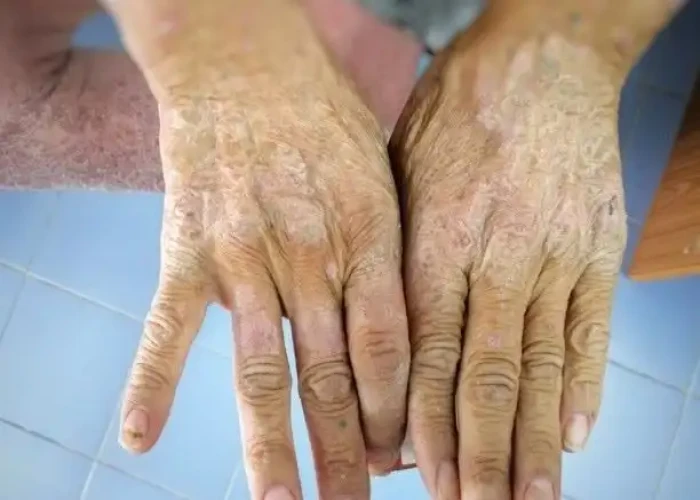 Welcome
Welcome
“May all be happy, may all be healed, may all be at peace and may no one ever suffer."
Scleroderma

Scleroderma, also known as systemic sclerosis, is a chronic autoimmune disorder that causes thickening and hardening of the skin and connective tissues throughout the body. It can also affect internal organs, such as the lungs, heart, and kidneys.
The exact cause of scleroderma is unknown, but it is believed to be related to abnormalities in the immune system that lead to the production of excess collagen, a fibrous protein that gives structure to skin and connective tissues. Other factors, such as genetics and environmental triggers, may also play a role.
Symptoms of scleroderma can vary widely depending on the type and severity of the condition, but may include:
- Thickening and hardening of the skin, especially in the hands and face
- Raynaud's phenomenon, a condition in which the fingers and toes turn white or blue in response to cold or stress
- Swelling and stiffness of the joints
- Gastrointestinal problems, such as difficulty swallowing or reflux
- Shortness of breath or chest pain
- Kidney problems or high blood pressure
Diagnosis of scleroderma is typically based on a physical exam, medical history, and laboratory tests. Imaging studies such as X-rays, CT scans, or MRI may also be ordered to assess internal organ involvement.
There is no cure for scleroderma, but treatment aims to manage symptoms and slow the progression of the disease. Medications such as immunosuppressants or corticosteroids may be prescribed to reduce inflammation and slow the immune response. Physical therapy and exercise can help to maintain flexibility and strength. In severe cases, surgery may be necessary to correct deformities or address organ damage.
With proper treatment and management, many people with scleroderma are able to lead full and active lives. However, the condition can be progressive and may require ongoing monitoring and adjustment of treatment over time.
Research Papers
Disease Signs and Symptoms
- Heartburn
- Difficulty swallowing (dysphagia)
- Abdomen bloating
- Diarrhea
- Constipation
- Fecal incontinence
- Scleroderma can affect the function of the heart, lungs or kidneys to varying degrees. These problems, if left untreated, can become life-threatening.
Disease Causes
Scleroderma
Scleroderma results from an overproduction and accumulation of collagen in body tissues. Collagen is a fibrous type of protein that makes up your body's connective tissues, including your skin.
Doctors don't know exactly what causes this process to begin, but the body's immune system appears to play a role. Most likely, scleroderma is caused by a combination of factors, including immune system problems, genetics and environmental triggers.
Disease Prevents
Disease Treatments
There is no treatment that can cure or stop the overproduction of collagen that is characteristic of scleroderma. But a variety of treatments can help control symptoms and prevent complications.
Medications
Because scleroderma can affect so many different parts of the body, the choice of medication will vary, depending on the symptoms. Examples include drugs that:
- Dilate blood vessels. Blood pressure medications that dilate blood vessels may help treat Raynaud's phenomenon.
- Suppress the immune system. Drugs that suppress the immune system, such as those taken after organ transplants, may help reduce progression of some scleroderma symptoms, such as the thickening of the skin or worsening of lung damage.
- Reduce digestive symptoms. Pills to reduce stomach acid can help relieve heartburn. Antibiotics and medications that help move food through the intestines may help reduce bloating, diarrhea and constipation.
- Prevent infections. Cleaning and protection from the cold may help prevent infection of fingertip ulcers caused by Raynaud's disease. Regular influenza and pneumonia vaccinations can help protect lungs that have been damaged by scleroderma.
- Relieve pain. If over-the-counter pain relievers don't help enough, your doctor might suggest prescription medications to control pain.
Therapies
Physical or occupational therapists can help you improve your strength and mobility and maintain independence with daily tasks. Hand therapy may help prevent hand contractures.
Surgical and other procedures
Stem cell transplants might be an option for people who have severe symptoms that haven't responded to more-common treatments. If the lungs or kidneys have been severely damaged, organ transplants might be considered.
Disease Diagnoses
Disease Allopathic Generics
Disease Ayurvedic Generics
Disease Homeopathic Generics
Disease yoga
Scleroderma and Learn More about Diseases
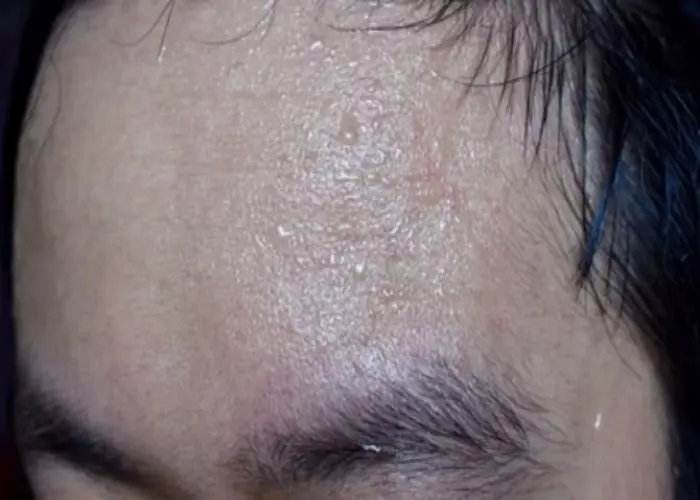
Anhidrosis
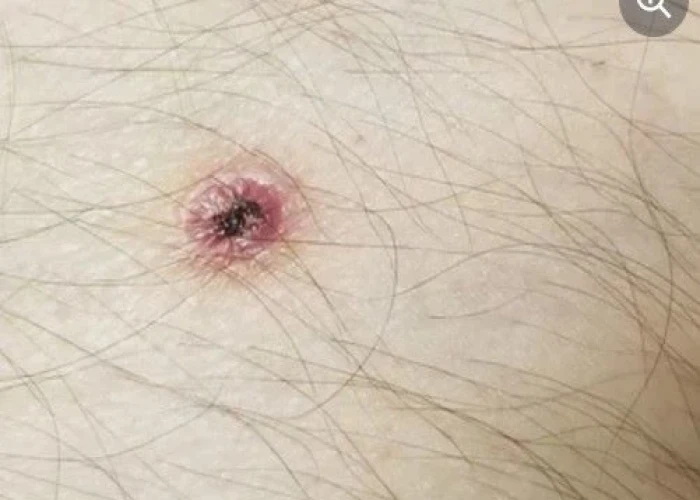
Pyoderma gangrenosum

Rotavirus
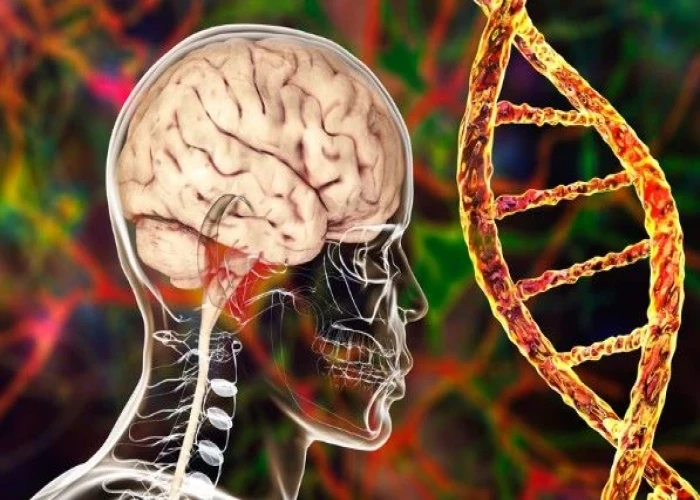
Metachromatic leukodystrophy
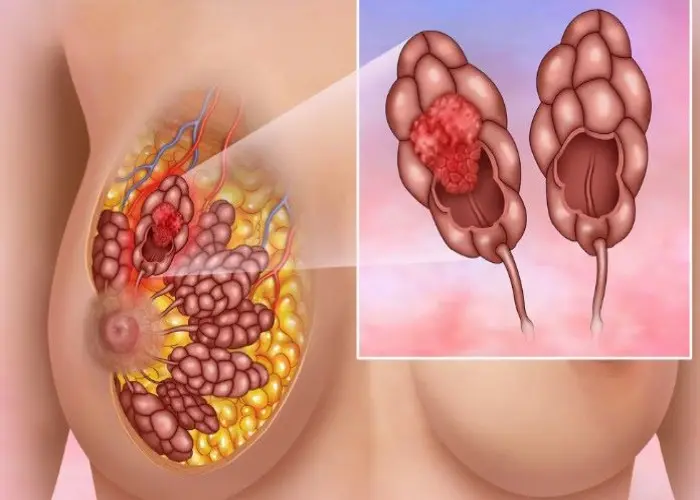
Invasive lobular carcinoma

Calciphylaxis
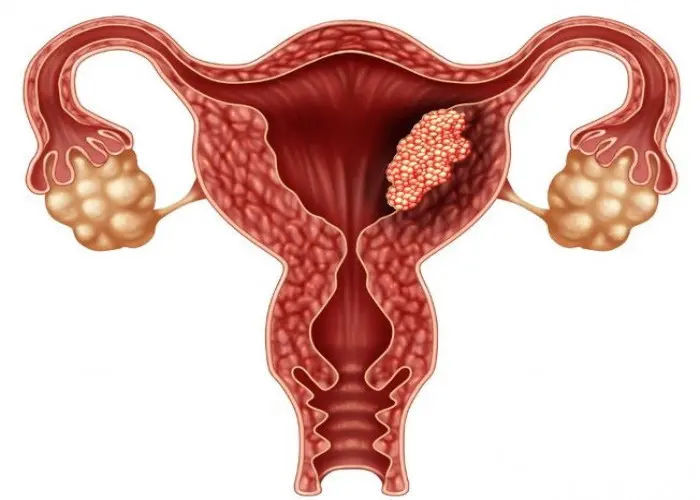
Endometrial cancer
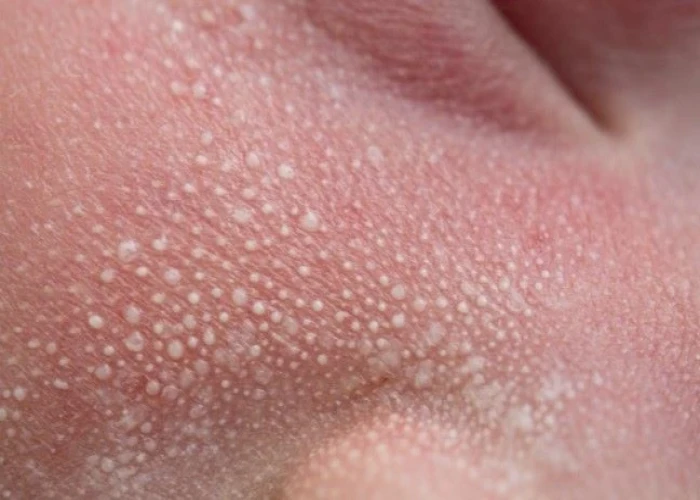
Milia
scleroderma, স্ক্লেরোডার্মা
To be happy, beautiful, healthy, wealthy, hale and long-lived stay with DM3S.
